The CESAR educational special events: live coverage of solar events for public engagement
- 1Aurora Technology for ESA, European Space Astronomy Center, ESAC-ESA, Villafranca del Castillo, Spain (miguel.perez.ayucar@esa.int)
- 2ESA, European Space Astronomy Center, ESAC-ESA, Villafranca del Castillo, Spain (Sandra.BenitezHerrera@esa.int)
- 3Rhea for ESA, European Space Astronomy Center, ESAC-ESA, Villafranca del Castillo, Spain (dgonzalez@sciops.esa.int)
- 4ESA, European Space Astronomy Center, ESTEC-ESA, Noordwijk, THe Netherlands (joe.zender@esa.int)
CESAR (Cooperation through Education in Science and Astronomy Research) is an educational ESA (European Space Agency) initiative whose main objective is to engage school students with the wonders of astronomy and, more generally, science and technology. Through CESAR, students (supported by their teachers) have access to telescopes, tools, and the expertise of ESA scientists to make real astronomical observations, collect scientific data and analyze the results, applying the same methodology used in real life by professional scientists.
As part of CESAR educational activities, the project has been covering since 2012 special astronomical events related to space objects transits (Venus transit 2012, live Sun transmissions, Total Solar Eclipses 2017 and 2019, Mercury Transit 2016, and ISS transits). Solar transits are rare astronomical events of profound historical importance and with an enormous potential to engage nowadays students and general public into Planetary Sciences and Space. Mercury transits occur only about every 13-14 times per century. Total solar eclipses occur around 18 months apart somewhere on Earth, but they reoccur only every 3-4 centuries on the same location. Although its historic scientific relevance (examples, to measure the distances in the solar system, to observe the solar corona) has diminished since humanity roams our solar system with robotic spacecrafts, transits remain a spectacular astronomical event that is used very effectively to engage general public and students to Science and Space in general.
The driving activity during these engaging educational and outreach events is a live interactive hangout, connecting students and general public around the globe (Europe, Chile, USA, …), with the remote observing teams and the scientists/engineers at ESAC (European Space Astronomy Center). Presentations and lectures by experts in the field are scheduled with live connections to the observing sites. Questions and answers sessions allow world-wide audience to interact with the scientists and engineers. Live images are acquired with CESAR instrumentation and broadcast live in streaming, and archived for offline access. CESAR has collaborated for these activities with multiple institutions: Spanish schools/universities, ESA Education and ESA Communications offices, worl-class observatories (Teide, Cerro Paranal, La Silla) and ESA projects (Venus Express, Bepicolombo and Solar Orbiter).
In this paper we explain how these public educational and outreach events are planned, created and executed, what activities they comprise, and the follow up activities expected for future events.
How to cite: Pérez-Ayúcar, M., Benitez Herrera, S., Gonzalez, D., and Zender, J.: The CESAR educational special events: live coverage of solar events for public engagement, Europlanet Science Congress 2022, Granada, Spain, 18–23 Sep 2022, EPSC2022-49, https://doi.org/10.5194/epsc2022-49, 2022.

